

Assessing the impact of traditional transportation on architectural monuments is complex. On the one hand, it enhances tourist accessibility; on the other, it accelerates the deterioration of these structures due to soil vibrations and exhaust emissions. Unitsky String Technologies Inc. provides an optimal transportation solution aimed at preserving historic sites.
The construction of highways, railroads, and both underground and surface transportation infrastructure inevitably affects historic buildings and landscapes. Earthworks and the resulting soil vibrations can compromise the structural integrity of monuments. The construction of subway stations often necessitates the dismantling and subsequent rebuilding of old buildings. When laying overground tracks, particularly in cities with dense historical architecture, centuries-old homes are often demolished mercilessly.
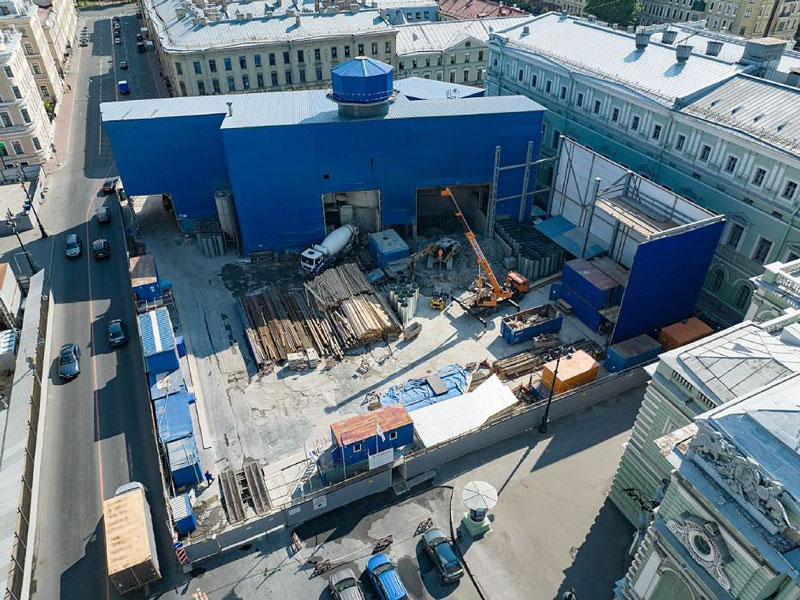
Low-frequency vibrations from vehicles and other ground transportation gradually damage the structural and decorative elements of buildings constructed in the 19th and early 20th centuries. Due to road widening and the narrowing of sidewalks, many homes are now situated too close to these sources of vibrations. This proximity also exacerbates pollution from exhaust fumes and dust kicked up by passing vehicles.
Transportation contributes to the formation of acid rain. Nitrogen oxides and sulfur dioxide released during the combustion of gasoline and diesel fuel enter the atmosphere and form acids. This precipitation erodes historical monuments by discoloring building materials, erasing inscriptions, and accelerating metal corrosion.
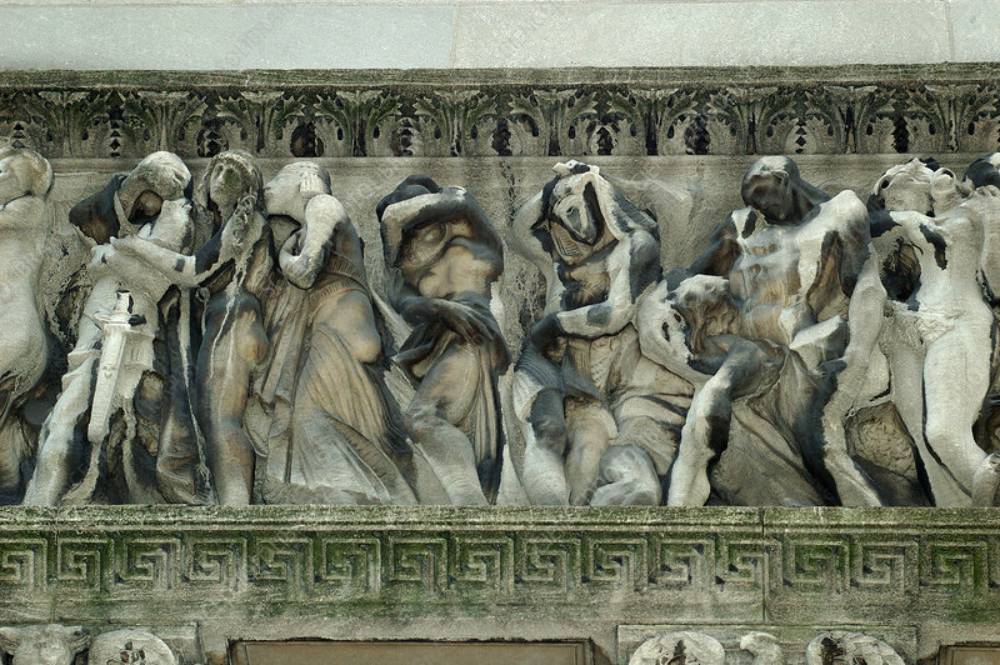
Moreover, traditional transportation disrupts the visual experience of architectural monuments or ensembles. Historical buildings become overwhelmed by the flow of cars, and the spaces between them often turn into parking lots. However, completely banning transportation near old buildings is impractical, especially in densely populated cities or in cases where landmarks are remote.
Unitsky String Technologies Inc. offers a solution that ensures both tourist accessibility to architectural monuments and the preservation of their integrity, even in a bustling metropolis.
One of the primary advantages of building uST transport and infrastructure complexes is their minimal impact on the landscape. The small land allocation required – limited to the supports – is particularly significant in cities and regions with dense historical buildings. The construction of overpass-type track structures does not necessitate the demolition or relocation of architectural monuments. Supports are installed using methods that avoid excessive ground vibrations and prevent damage to old buildings.
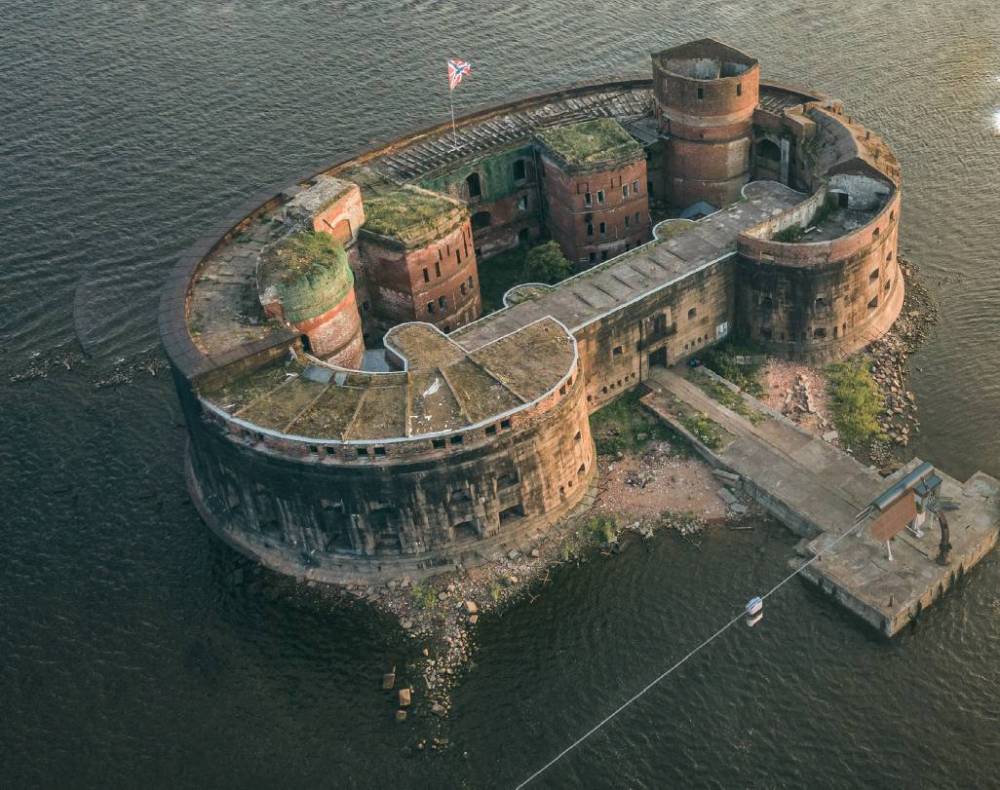
The uST vehicles, known as uPods, operate on electricity and do not emit exhaust gases. Additionally, the 99.8% efficiency of steel wheels moving on steel rail, combined with the high aerodynamics of the rolling stock, reduces electricity consumption. This efficiency is crucial since much of the electricity is generated by coal-fired power plants that release harmful emissions. Consequently, the uST solutions help avoid the release of toxic elements that can return to the ground with precipitation and exacerbate the deterioration of monuments. Moreover, the wear products from tires and asphalt, which can accumulate on buildings, are not generated when uPods are in motion.
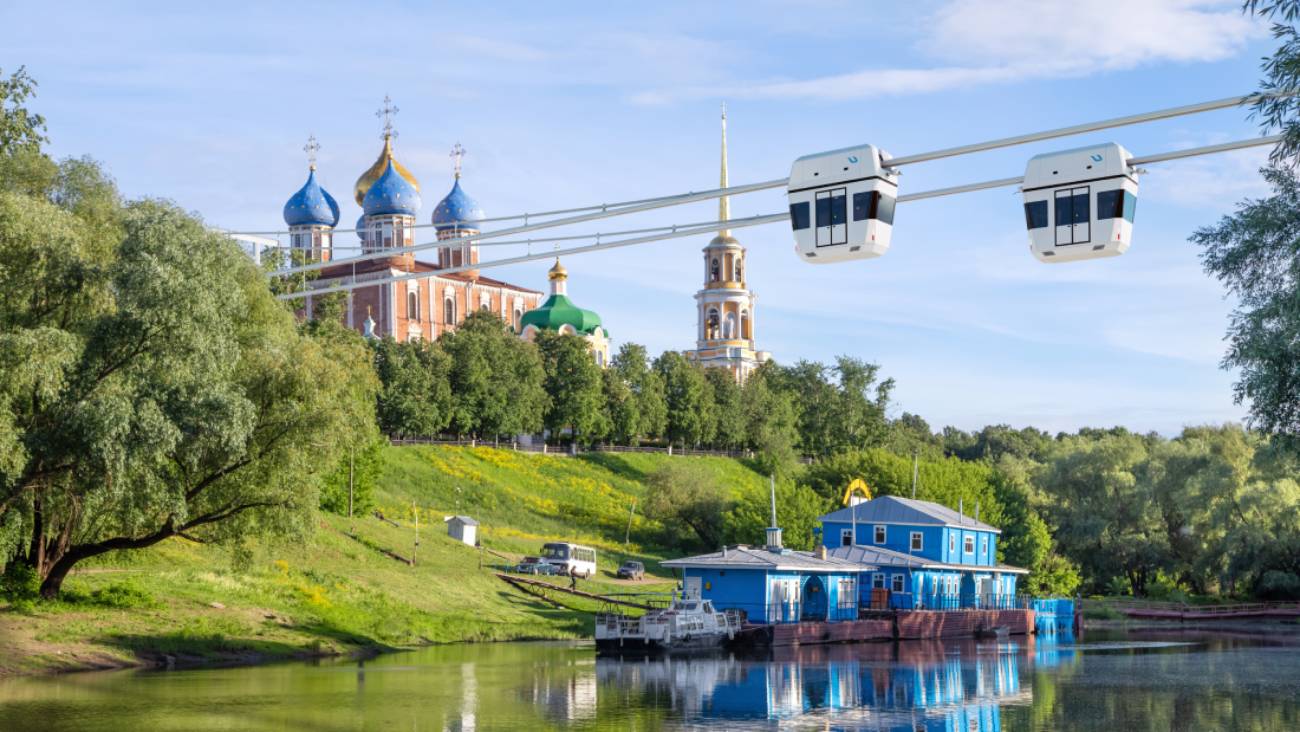
The construction and operation of uST transportation infrastructure complexes are cost-effective. This is facilitated by the low material intensity of the structures and the absence of earth embankments, bridges, overpasses, and other expensive structures. The track structure itself is durable, with a service life of at least 50 years before major repairs are needed. Automation of the complex allows for operation without drivers and a large service staff. These advantages enable significant cost reductions, allowing funds to be redirected toward the reconstruction and restoration of historical monuments.
By enhancing the preservation of architectural monuments in densely built-up cities, the uST solutions facilitate tourist access to remote sites and enable movement within extensive architectural ensembles. Historic buildings that were previously difficult to visit due to long distances will experience increased tourist traffic and, consequently, greater income from excursions. The uST complexes can also contribute to the longevity of these monuments by facilitating the transportation of researchers and the materials needed for repairs and restorations.
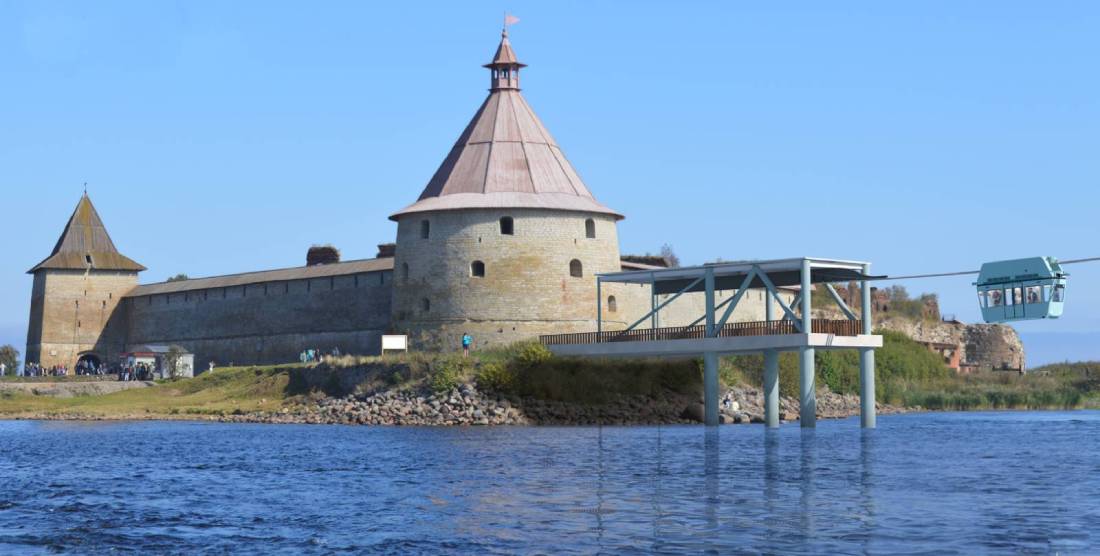
The technologies by Unitsky String Technologies Inc. offers a harmonious blend of protecting historic monuments while making them accessible. Gentle construction methods and minimal impact on the surrounding landscape make these solutions ideal for preserving cultural heritage, merging the advancement of modern transportation technologies with a commitment to protecting the past.
This form asks for your consent to allow us to use your personal data for the reasons stated below. You should only sign it if you want to give us your consent.
Who are we?
The name of the organisation asking you for consent to use your information is:
Global Transport Investments
Trident Chambers, P.O. Box 146, Road Town
Tortola
British Virgin Islands
We would like to use the following information about you:
Why would we like to use your information?
Global Transport Investments would like to send this information to company registry, inform you about its news, for refund purposes.
What will we do with your information?
We store your name, address, ID Data, date of birth into company registry. We will share your e-mail & phone number with IT Service (https://digitalcontact.com/), SMS Center (http://smsc.ru). They will add your details to their mailing list and, when it is news update, they will send you an email or sms with details. We store your credit card number for possible refunds.
How to withdraw your consent
You can withdraw the consent you are giving on this form at any time. You can do this by writing to us at the above address, emailing us at the address: [email protected] or by clicking on the unsubscribe link at the bottom of emails you receive.
This privacy notice tells you about the information we collect from you when you sign up to receive our regular newsletter via our website. In collecting this information, we are acting as a data controller and, by law, we are required to provide you with information about us, about why and how we use your data, and about the rights you have over your data.
Who are we?
We are Global Transport Investments. Our address is Trident Chambers, P.O. Box 146, Road Town, Tortola, British Virgin Islands. You can contact us by post at the above address, by email at [email protected].
We are not required to have a data protection officer, so any enquiries about our use of your personal data should be addressed to the contact details above.
What personal data do we collect?
When you subscribe to our newsletter, we ask you for your name and your email address.
Why do we collect this information?
We will use your information to send you our newsletter, which contains information about our products.
We ask for your consent to do this, and we will only send you our newsletter for as long as you continue to consent.
What will we do with your information?
Your information is stored in our database and is shared with with IT Service (https://digitalcontact.com/), SMS Center (http://smsc.ru). It is not sent outside of the Euro. We will not use the information to make any automated decisions that might affect you.
How long do we keep your information for?
Your information is kept for as long as you continue to consent to receive our newsletter.
Your rights over your information
By law, you can ask us what information we hold about you, and you can ask us to correct it if it is inaccurate.
You can also ask for it to be erased and you can ask for us to give you a copy of the information.
You can also ask us to stop using your information – the simplest way to do this is to withdraw your consent, which you can do at any time, either by clicking the unsubscribe link at the end of any newsletter, or by emailing, writing us using the contact details above.
Your right to complain
If you have a complaint about our use of your information, you can contact the Information Commissioner’s Office.
Rate and Comment
You can assess the importance of a particular publication and the level of its preparation. Share your opinion in the comments!